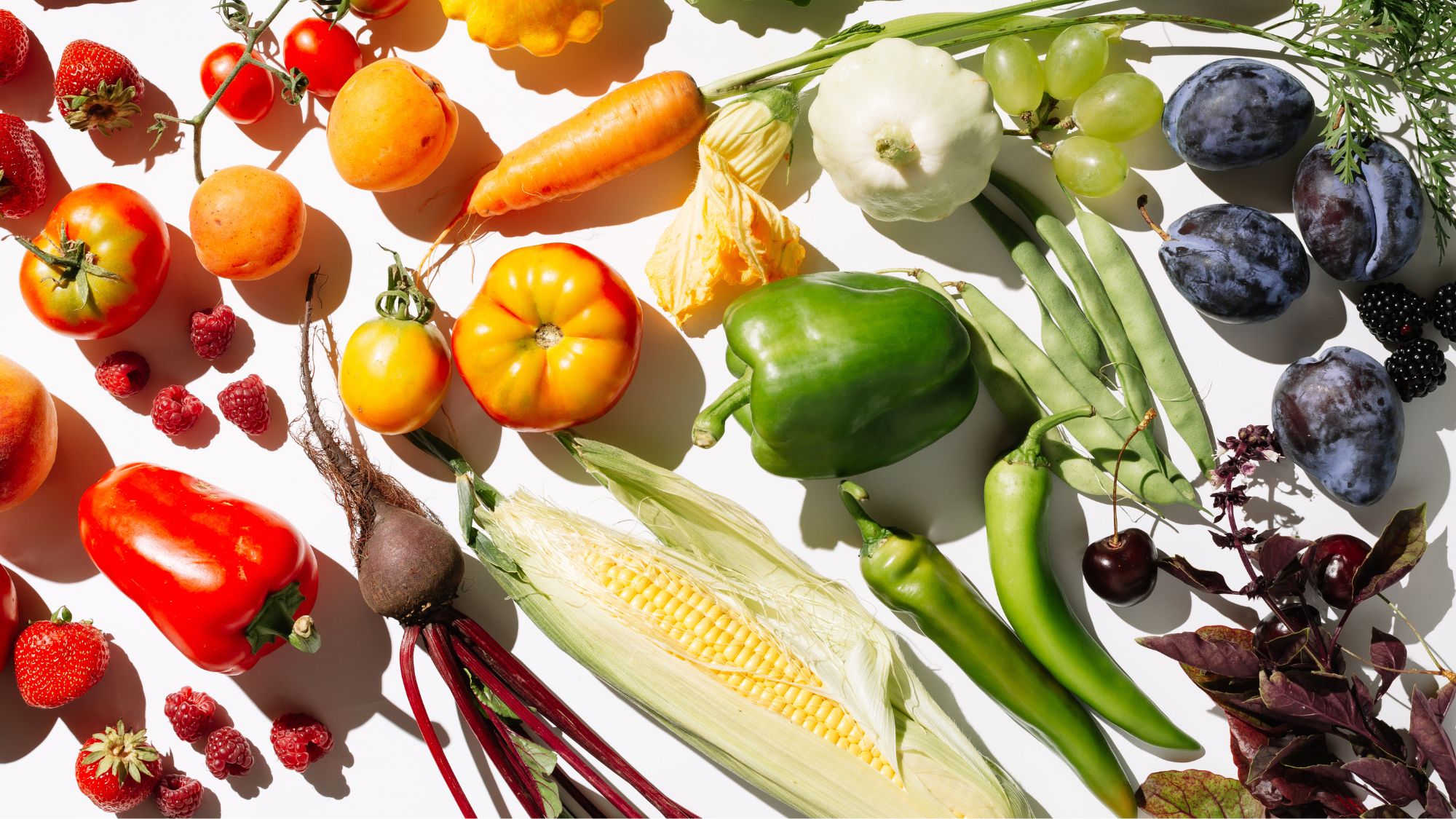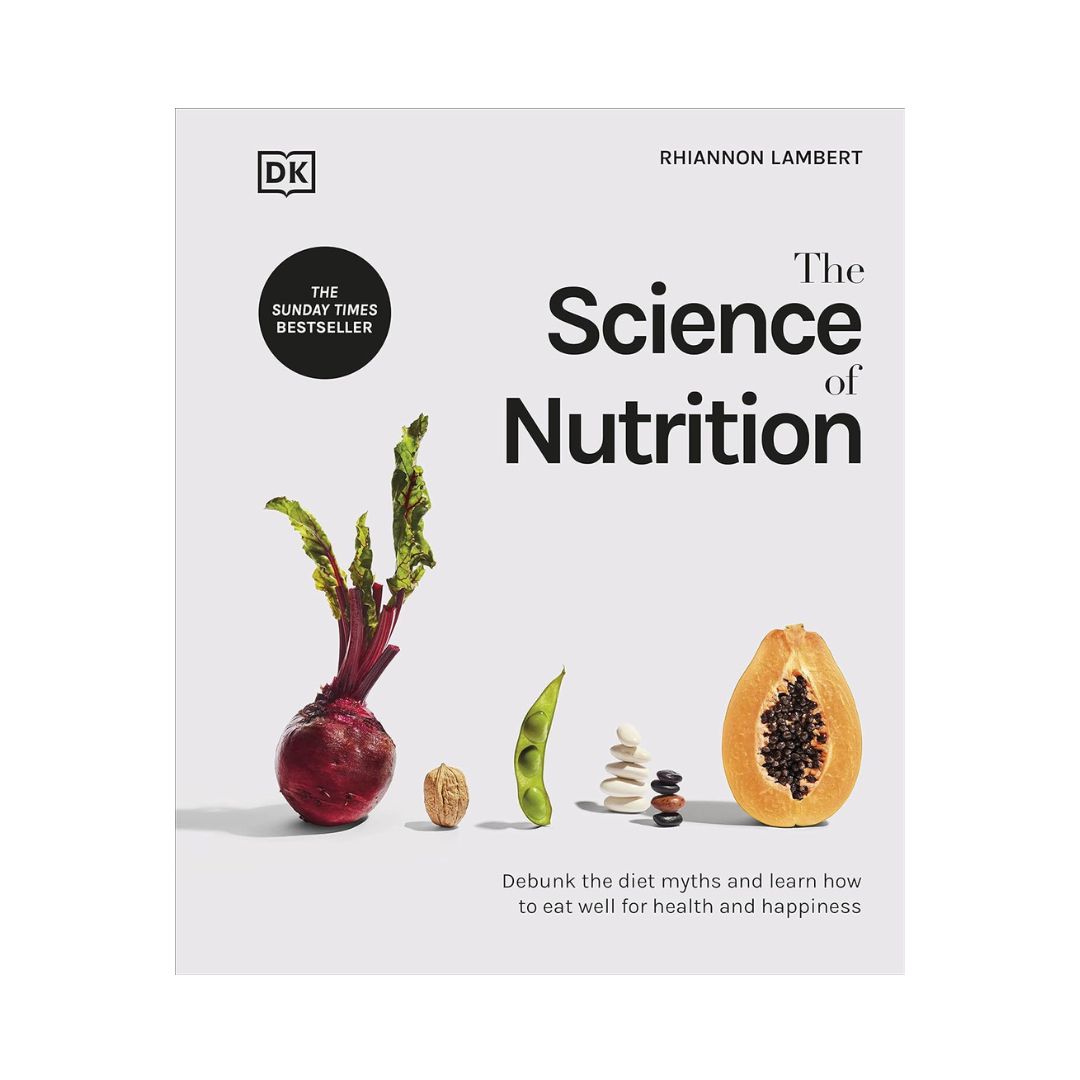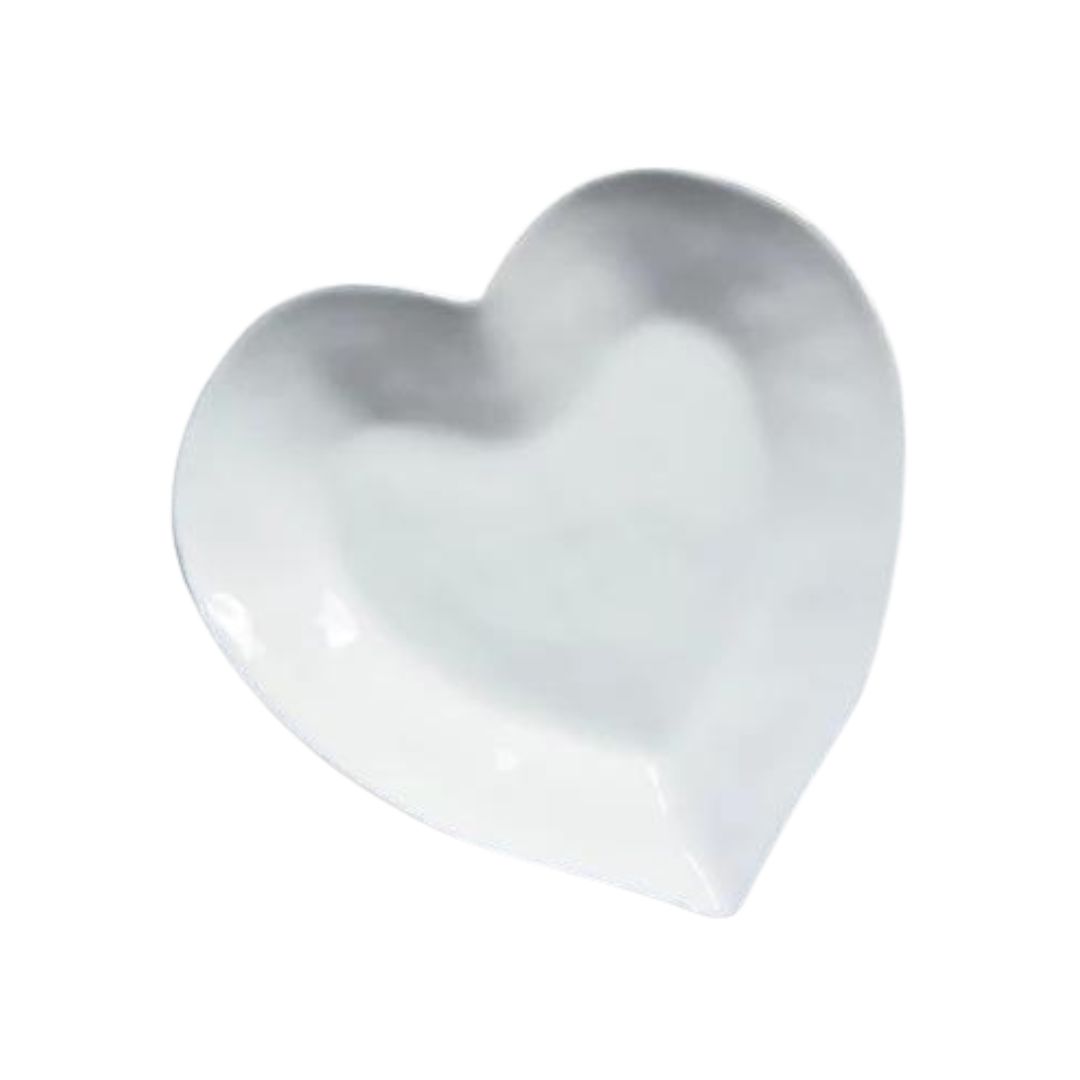Forget the Mediterranean diet - as a cynical Health Writer, even I'm impressed with the trending Atlantic diet
Food lovers, rejoice - this one's for you.


Ever heard of the Atlantic diet? It's currently trending, with Google Searches around the topic currently at breakout - which means it's being Googled more than ever before.
A disclaimer, before we start - we're sceptical of popular diet fads here at Marie Claire UK and never promote restrictive or dangerous routines that promise the world and nearly always fail to deliver. Healthy living is about balance, after all, and focusing on what nutrient-dense foods you can add to your diet, not which you should be taking away.
That said, when I saw this new approach to nutrition spiking on Google engines this month, it caught my intrigue. Why? Well, because it's significantly similar to the ever-popular (and research-backed) Mediterranean way of eating, which has been riding a wave of popularity recently. Both focus on plants, whole foods and healthy fats, and so it’s easy to see why experts talk about the approach to nutrition quite so highly.
The Atlantic diet is (literally) a stone’s throw from the Mediterranean way of eating, requiring no complicated ingredients or restrictions. In fact, chances are you're already eating in a fairly similar way.
Why take the time to read up on the new trending approach to food? Simply, because the diet boasts some impressive benefits. Just like its geographical relative (we’re going with cousin), the Atlantic diet is associated with increased longevity and a reduction in chronic diseases such as cardiovascular disease, stroke and diabetes.
Intrigued? Us too, which is why we turned to the experts to get their take. Keen to learn what exactly the Atlantic diet is, plus how it differs from the Mediterranean diet? Then you'll have to keep scrolling. Read more expert-backed, science-approved MC UK nutrition content with our guides to healthy snack ideas, healthy smoothie recipes, and healthy dinner recipes, which promise to make piling your plates with nutrients easy. Plus, don't miss our explainer on what to eat before a workout, from a nutritionist.
The Atlantic diet: your complete guide
What is the Atlantic diet?
Ok, first things first: if you’ve never heard of the Atlantic diet – you’re in the right place. As the name suggests, it’s a way of eating common along the Atlantic coast.
Celebrity news, beauty, fashion advice, and fascinating features, delivered straight to your inbox!
“The Atlantic diet refers to a dietary pattern found commonly in Northwest Spain and Portugal,” explains doctor and nutritionist Dr Sarah Cooke. “It is based around whole foods, minimally processed foods and home-cooked meals. The foods consumed are generally seasonal and farmed locally.”
As you might expect, this way of eating is based on lots of fresh fish, seasonal fruits and vegetables, potatoes, nuts, legumes, bread, cereals and olive oil. Additionally, the diet contains a moderate amount of dairy products and lean meat, particularly pork, creating a well-balanced and inclusive diet.
@ssarahskyy The highly requested Mediterranean Chicken Bowl recipe 🫶🏼
♬ original sound - Sarah Sky
What does the science say about the Atlantic diet?
While not as widely studied as the Mediterranean diet, the research into the Atlantic diet is compelling, to say the least.
It seems it's no coincidence that people living in the Atlantic regions of Spain and Portugal have among the lowest rates of heart disease in the world.
Here's the science bit: studies such as this one, published in the Journal of the American Medical Association, show that following an Atlantic diet for six months resulted in a reduced risk of developing metabolic syndrome, a cluster of conditions that increases the risk of heart disease and diabetes.
Further research, published in the journal Nutrients reveals that, combined with an active lifestyle, the Atlantic diet is associated with lower total cholesterol and triglycerides (fatty acids in the blood), lower rates of obesity and lower pulse wave velocity values.
What are the benefits of the Atlantic diet?
Scientific benefits aside, there are excellent reasons to consider eating in a more Atlantic-style way.
1. It's good for gut health
"This pattern of eating has positive effects for long term health," agrees Dr Cooke. "Eating seasonally encourages plant diversity in our diets, which is great for gut health and the diet is also rich in micronutrients such as iodine, calcium, zinc and selenium, important for immune health (zinc), thyroid function (iodine), healthy bones and brain health, among others."
2. It benefits our brain and heart health
The inclusion of plenty of locally-sourced fish in the diet provides not only essential fats and protein, but is an excellent source of omega-3 acids, essential for brain and heart health, as well as reducing inflammation in the body.
A post shared by OMED Health (@omedhealth)
A photo posted by on
3. It reduces inflammation
As a general rule, inflammation in the body isn't a good sign. Case in point: the World Health Organisation ranks chronic inflammatory diseases (such as stroke, cancer, heart disease and diabetes) as the greatest threat to human health.
However, the Atlantic diet has been shown in studies (such as this one, published in the Journal of Atherosclerosis) to lower inflammation, as well as reduce blood pressure and blood fat in the majority of people.
"We know that processed foods and the inflammation they cause are linked to many chronic diseases and obesity," says Dr Charlotte Norton, chief medical officer of The Slimming Clinic. " The fact that these aren’t present in the Atlantic Diet is an important part of how it benefits health and overall wellbeing."
4. It's rich in vitamins and minerals
Additionally, the Atlantic diet focusses on locally sourced, sustainable ingredients and meals cooked from scratch, upping their nutrient content further.
"The combination of whole grains, vegetables, pulses, nuts, fruits, and fibre in the Atlantic diet are rich in antioxidants, vitamins and minerals," says Dr Norton, "These are all important for overall health, as well as key for a healthy heart and blood pressure."
How does the Atlantic diet differ from the Mediterranean diet?
At first glance, the two ways of eating seem remarkably similar, but there are a few key differences.
"The Atlantic diet contains more starchy carbs in the form of pasta and potatoes, rice and bread than the Mediterranean diet, which is primarily plant-based," says registered nutritionist Karen Preece Smith.
"As such, it may feel less restrictive for some people. As meat, red wine and dairy are encouraged on the Atlantic diet, it may also feel more flexible and accommodating as a lifestyle approach longer term and therefore more sustainable than it's Mediterranean counterpart."
How do I follow the Atlantic diet?
Keen to give the Atlantic diet a go? We don't blame you - it sounds utterly delicious.
But if you're wondering how to go about it, we've got you covered. The good news is that, with the exception of limiting processed foods, there aren't too many rules. It's more about enjoying a sustainable and largely fresh diet.
1. Consider the origin of your food
"Think about the origin of your food - did it fly, swim or grow from the ground? If so, include it in your diet," says Preece Smith. "Once you have worked out the daily foundations of meat, fish, plants and healthy fats (such as olive oil), then you can include a serving of fibre such as a starchy vegetable, bread or rice, along with some dairy such as cheese or yoghurt."
2. Focus on local, seasonal produce
Don't forget the focus is on local, seasonal produce - Dr Cooke recommends aiming for around five servings of sesonal fruit and vegetables per day, alongside wholegrains, beans and pulses. And don't forget to cook with olive oil!
3. Enjoy it
But above all, food is about enjoyment - and the best way of eating will always be one that brings you joy and is achievable and sustainable with your lifestyle.
"Remember, this style of eating is as much about community and traditional values as it is the food itself," advises Preece Smith, "so enjoy preparing meals at home from scratch and sharing them with friends and loved one, alongside an Atlantic diet-approved glass of red wine!". Sounds good to us.
Shop MC UK approved nutrition essentials now

Never has healthy eating looked (and tasted!) so good. The debut book from Emily English (aka Em the Nutritionist) is packed with recipes we can't wait to try on rotation. Keen to try some Em The Nutritionist recipes without buying the book? She shares her go-to's, here.

Anna Bartter is a freelance journalist who writes about health, fitness and women's lifestyle for publications including Stylist, Metro and Psychologies, among others.
She's always on a quest to find a variety of fun and functional workouts that give you the most bang for your workout buck and she's passionate about championing movement for everyone's mental and physical wellbeing.

